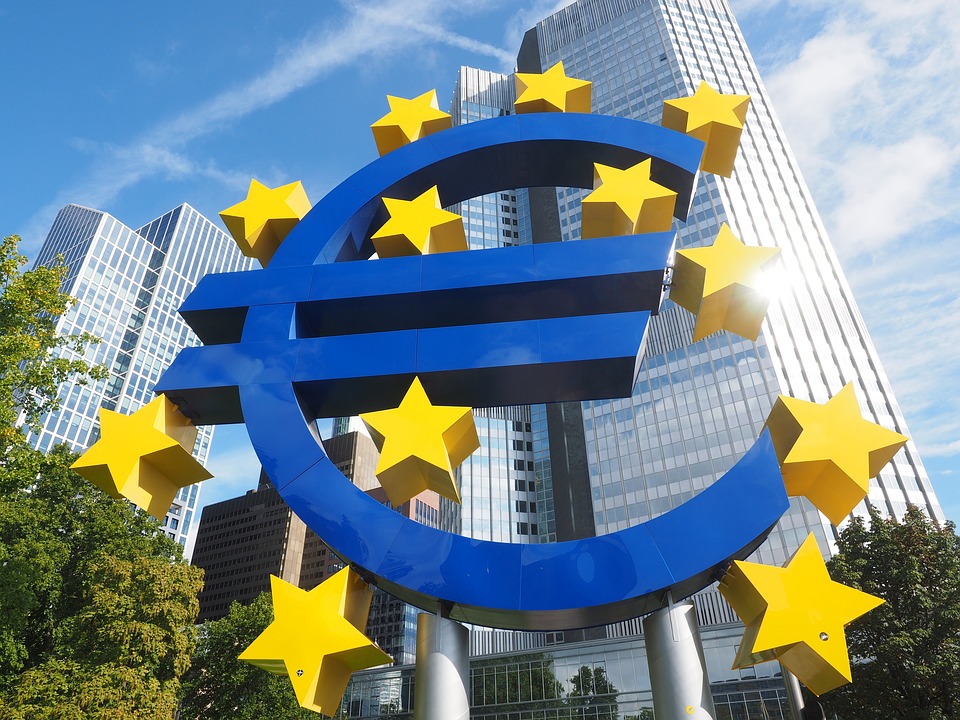Germany, France, Spain yield fall over Italy fear, trade tensions

- Country:
- Germany
Germany's 10-year bond yield fell back towards 2-1/2 year lows on Friday, while French and Spanish yields were set for their biggest weekly drops in two months as fears over trade, global growth and Italy boosted higher-rated debt markets. An escalation in trade tensions between the United States and China, the world's two biggest economies, has exacerbated concern about global growth, sparking a fresh rally in bond markets this week and pushing yields lower as prices rise.
Tough words on trade from China's media on Friday drowned out upbeat news on the U.S. economy and corporate earnings, pushing Germany's benchmark 10-year Bund yield towards Wednesday's 2-1/2 year low of minus 0.13% in early trade. U.S. Treasury yields, which rose on Thursday after strong U.S. data, were also lower in early Friday trade.
Across the single currency bloc, 10-year bond yields fell one to two basis points with the exception of Italy. French and Spanish 10-year bond yields are down about six bps each this week, set for their biggest weekly drop in two months.
Those moves are part of steep falls seen across major bond markets including the United States and Britain this year as weaker global growth and a shift to a more dovish stance from central banks creates a favourable backdrop for fixed income. "Bond markets in general, especially (German) Bunds, are telling us they don't see many good things going on in the next one-two years," said Neil Dwane portfolio manager and global strategist at Allianz Global Investors.
Renewed concern about Italy, the euro zone's third-biggest economy, has only fuelled demand for safe-haven bonds this week. Italian Deputy Prime Minister Luigi Di Maio said on Friday he was not worried over possible EU sanctions in case of violation of fiscal rules, as he was confident European leadership would change after this month's European Parliament elections.
Despite some efforts by officials to reassure markets, investors have been on edge since Salvini said on Tuesday that Rome should be ready to break an EU deficit ceiling of 3% of gross domestic product and push debt to 140% of GDP if needed to fight unemployment. Goldman Sachs analysts said they expect the government to push back on EU recommendations to pursue economic policies more in line with the bloc's fiscal rules, reinforcing market concern about Italian debt sustainability and commitment to the euro.
"On the back of such market pressure, our view is that the government will ultimately pursue economic policies that halt the rise in public debt and avoid a loss of market access," they said in a note.
(With inputs from agencies.)
ALSO READ
Spanish prosecutor seeks dismissal of case against PM Sanchez's wife
Soccer-Spanish government to oversee football federation until new elections
Soccer-Spanish govt to oversee RFEF, raising concerns from FIFA, UEFA
Soccer-Spanish government to oversee football federation until new elections
France, Germany push on with 2040 joint tank project










